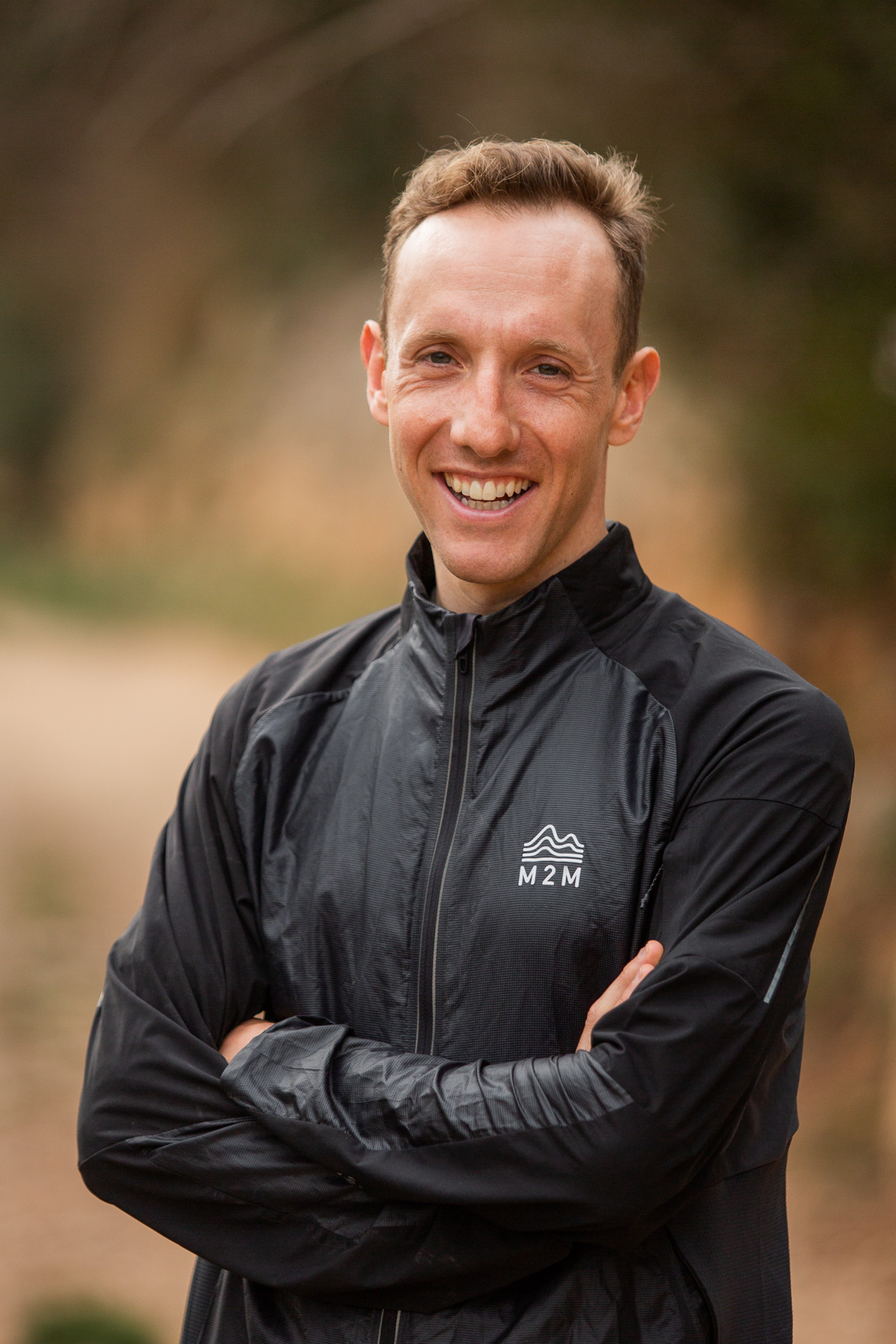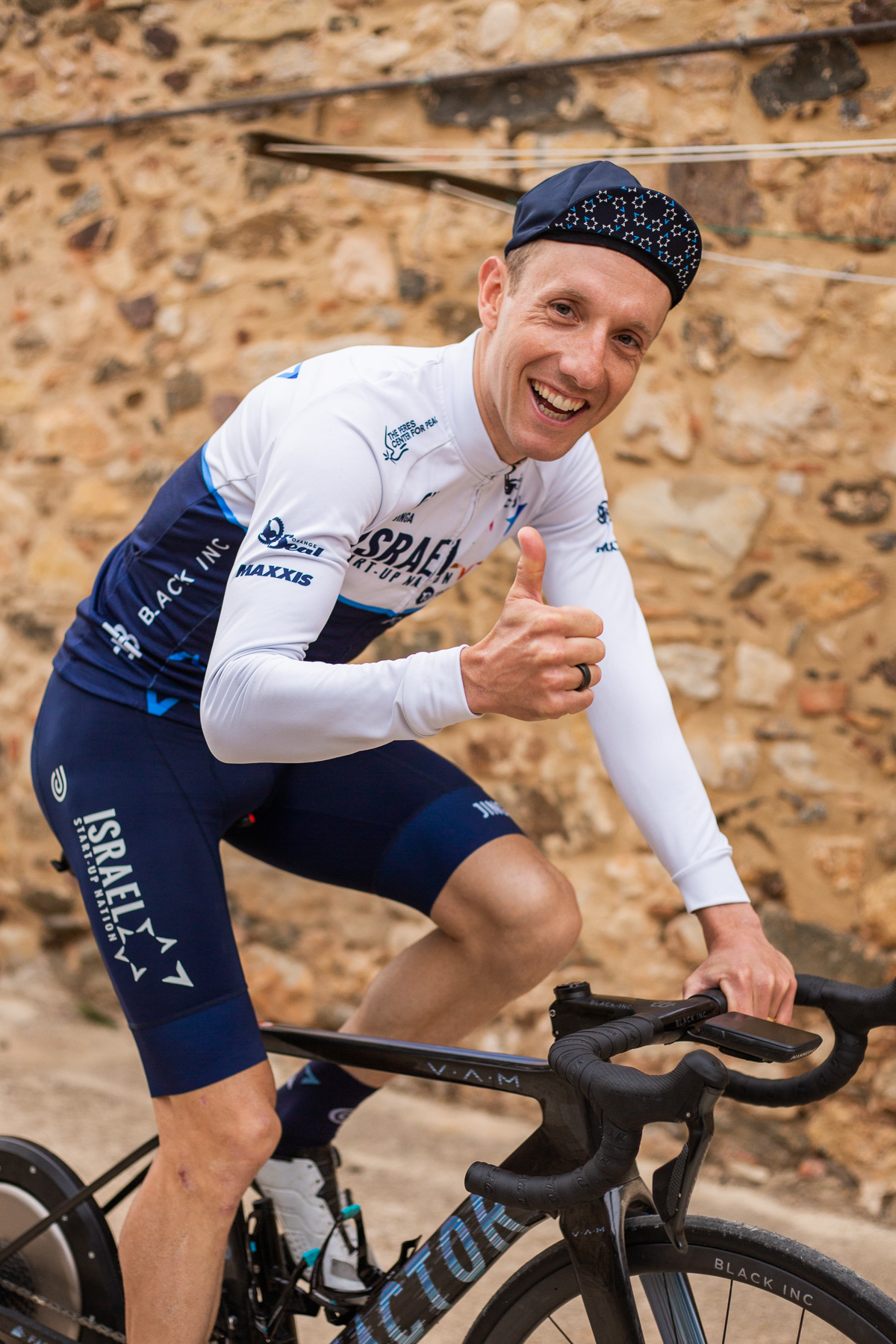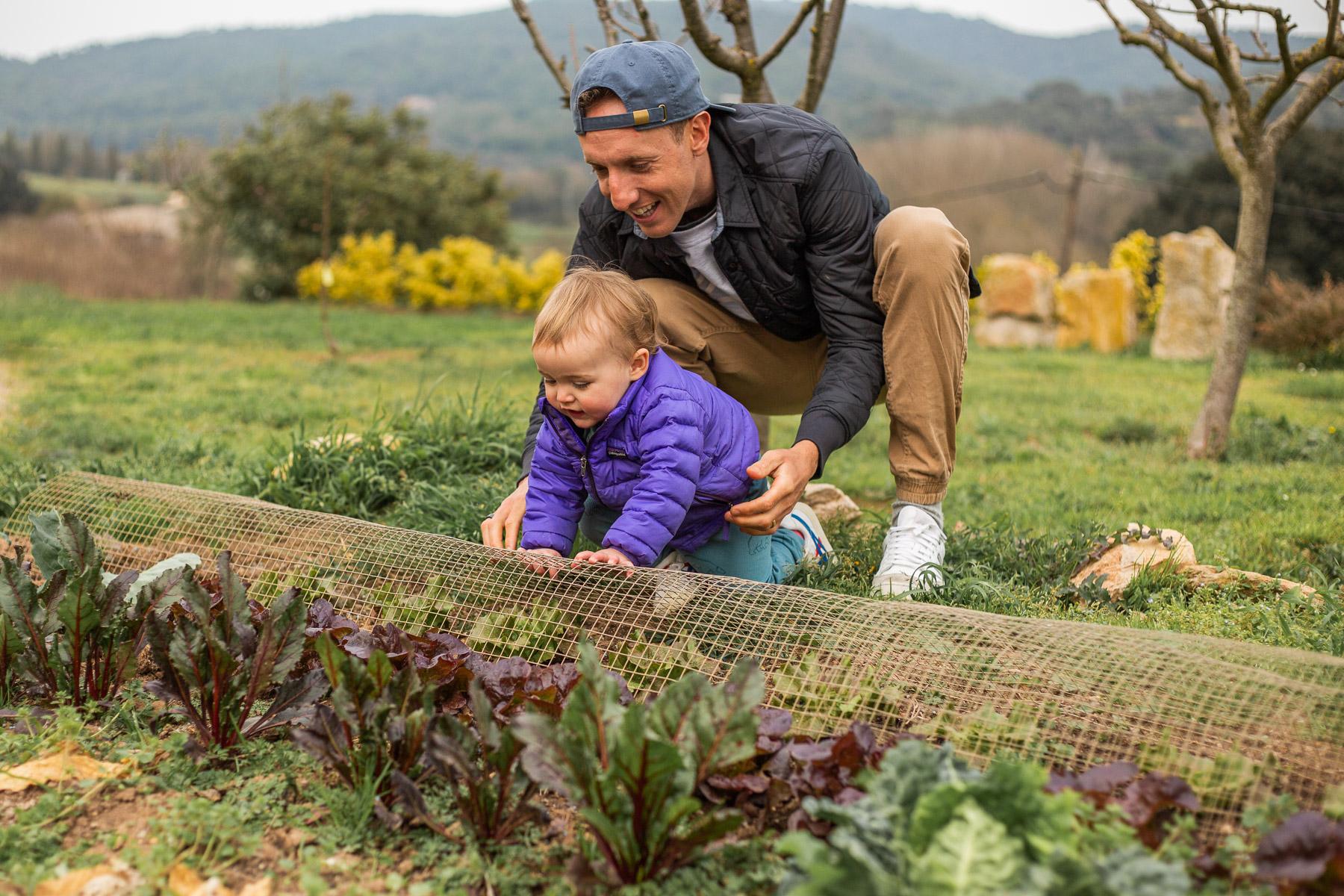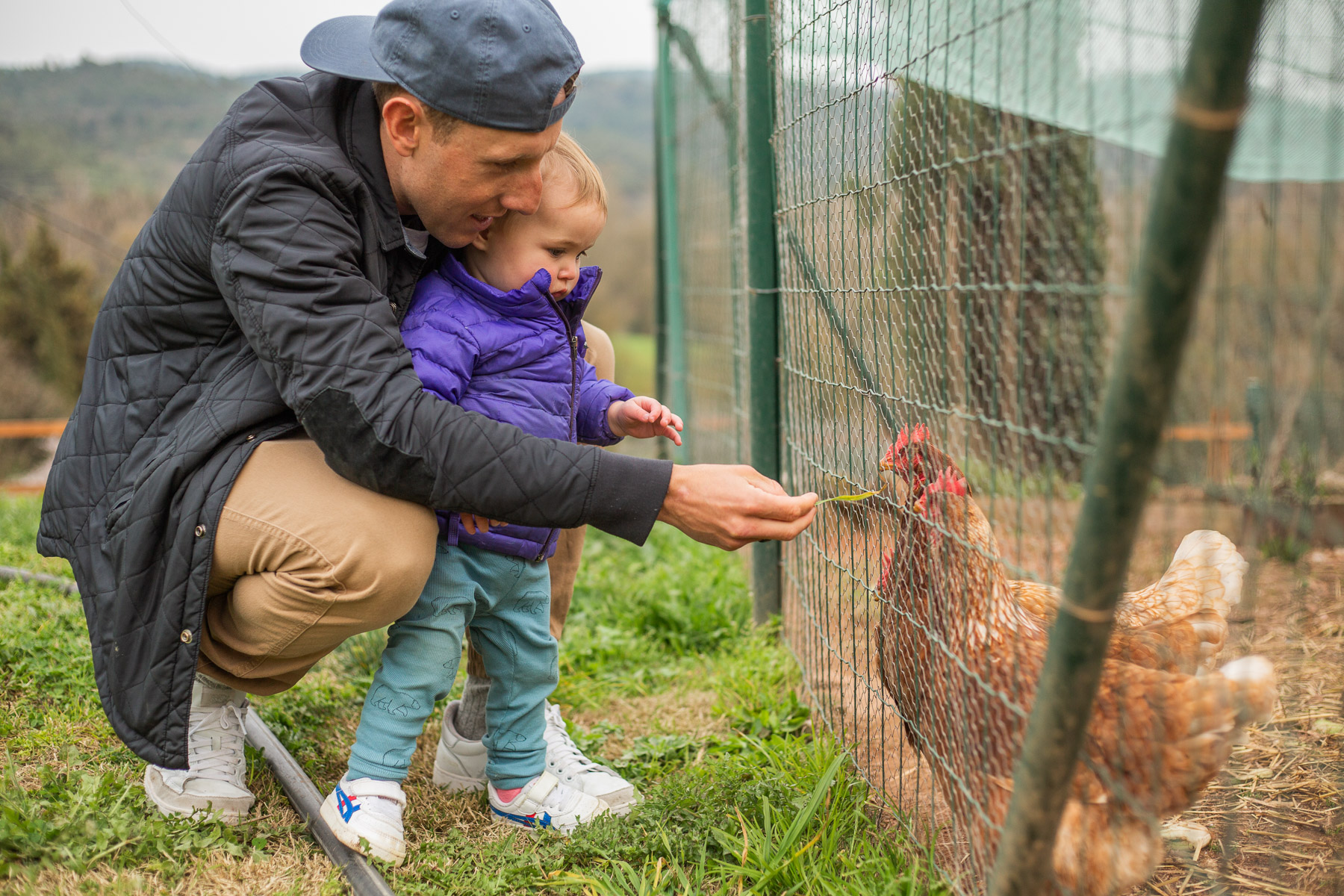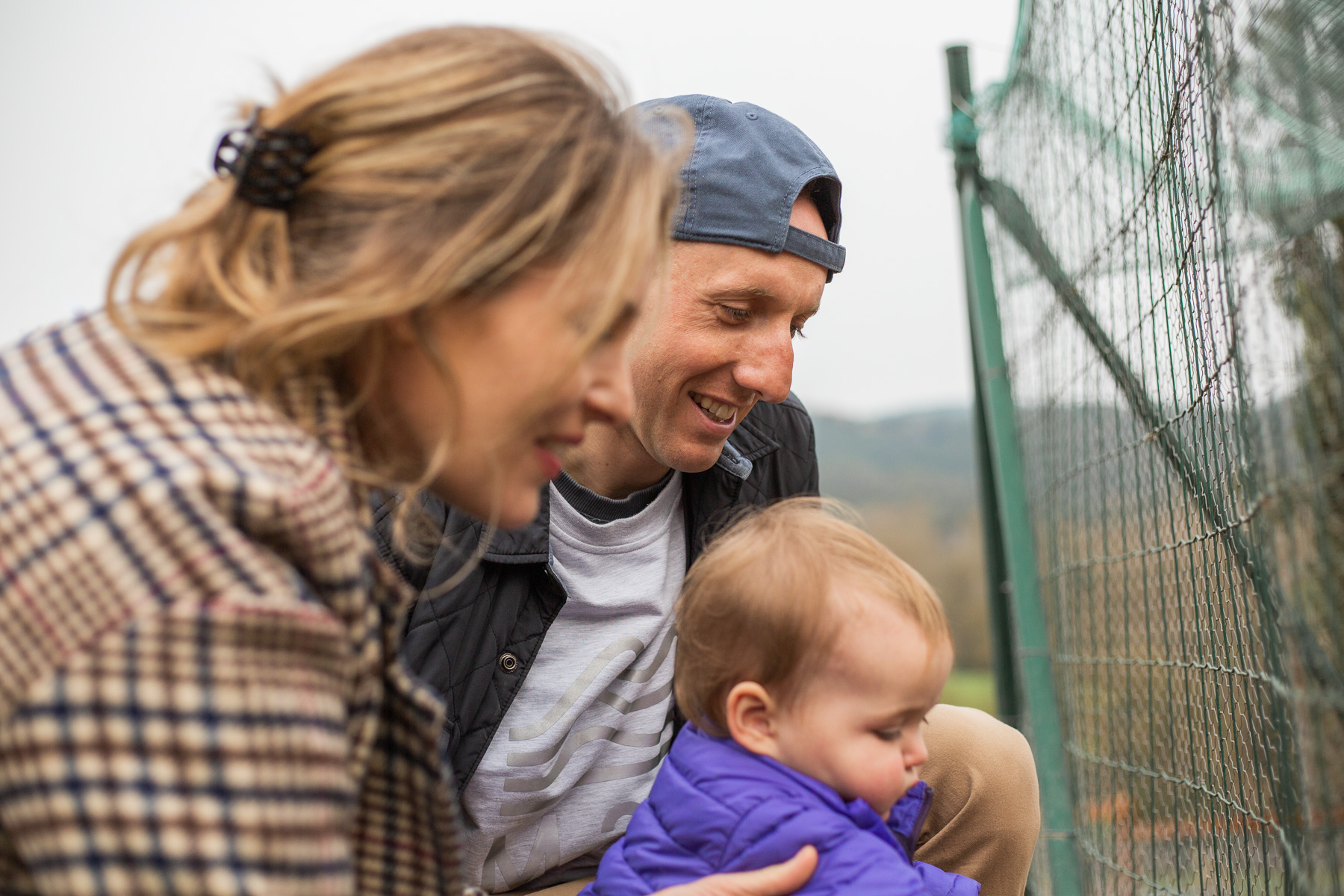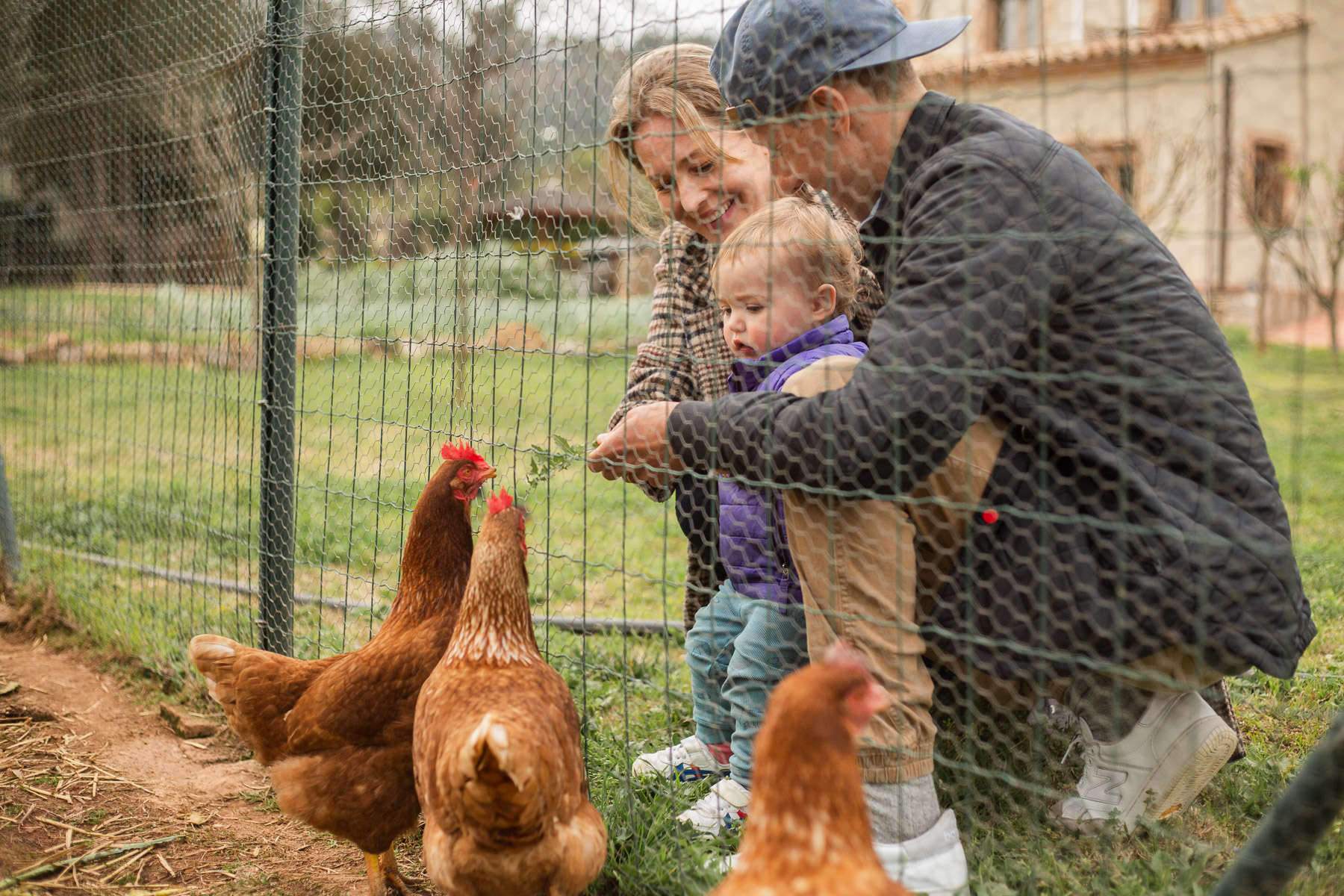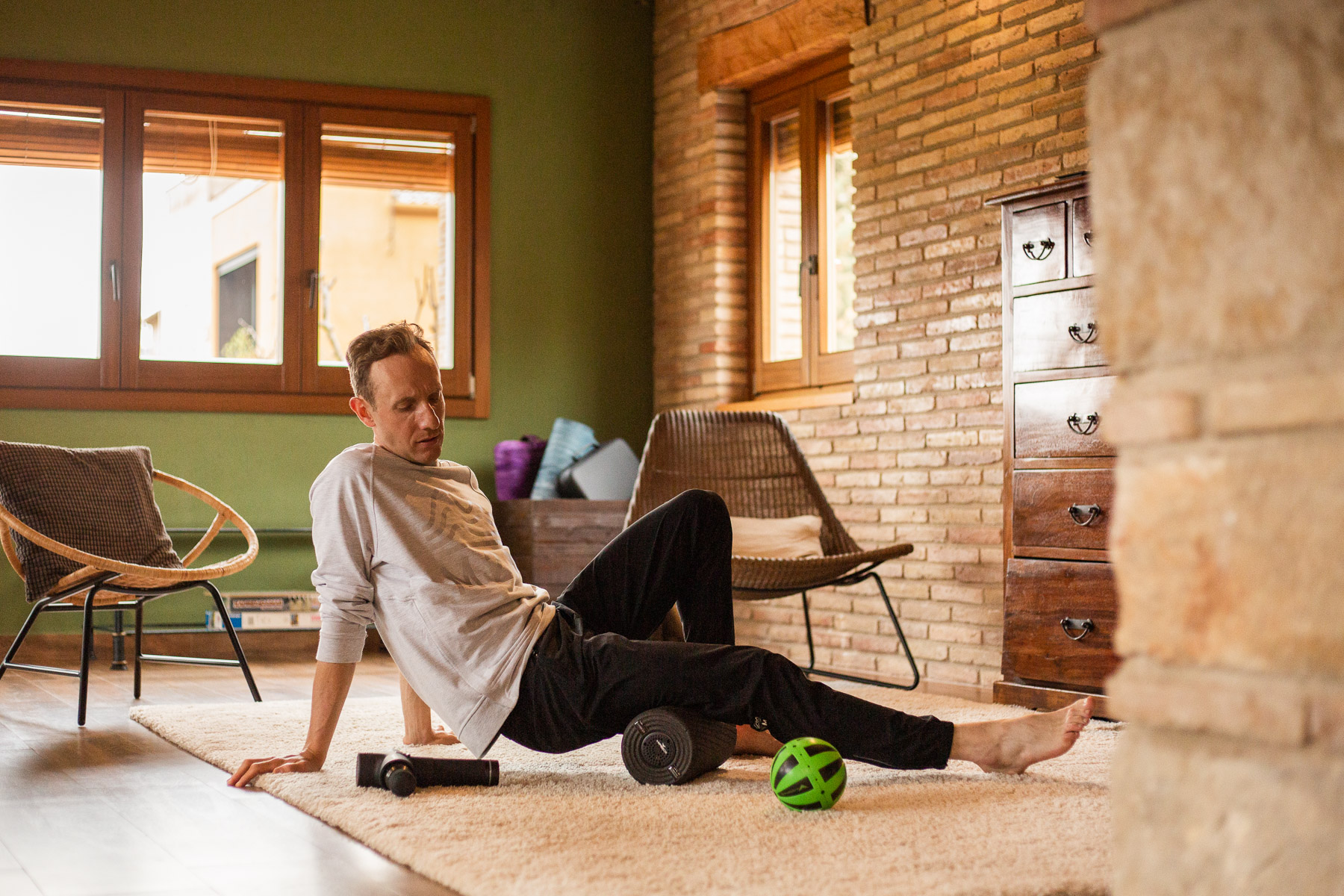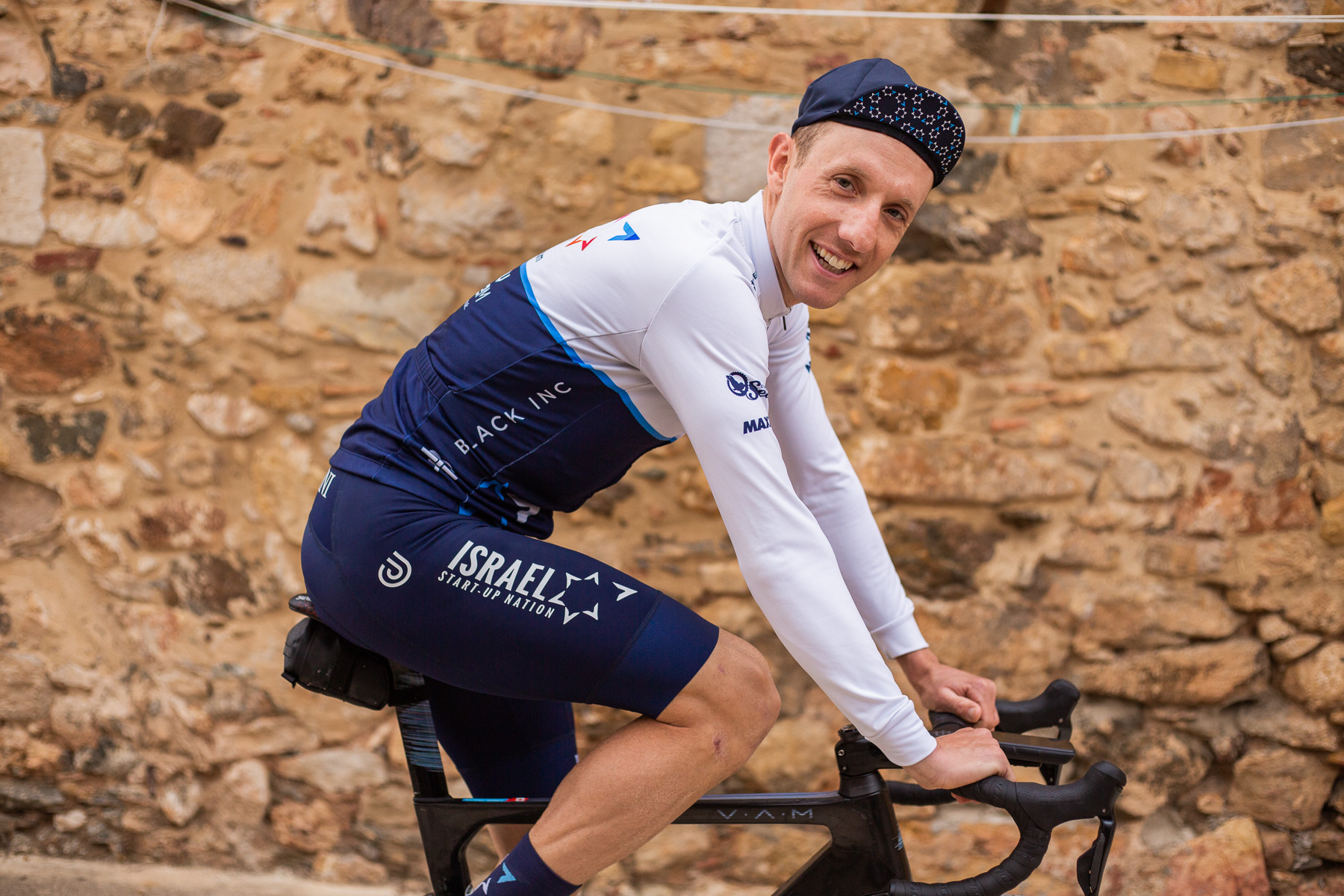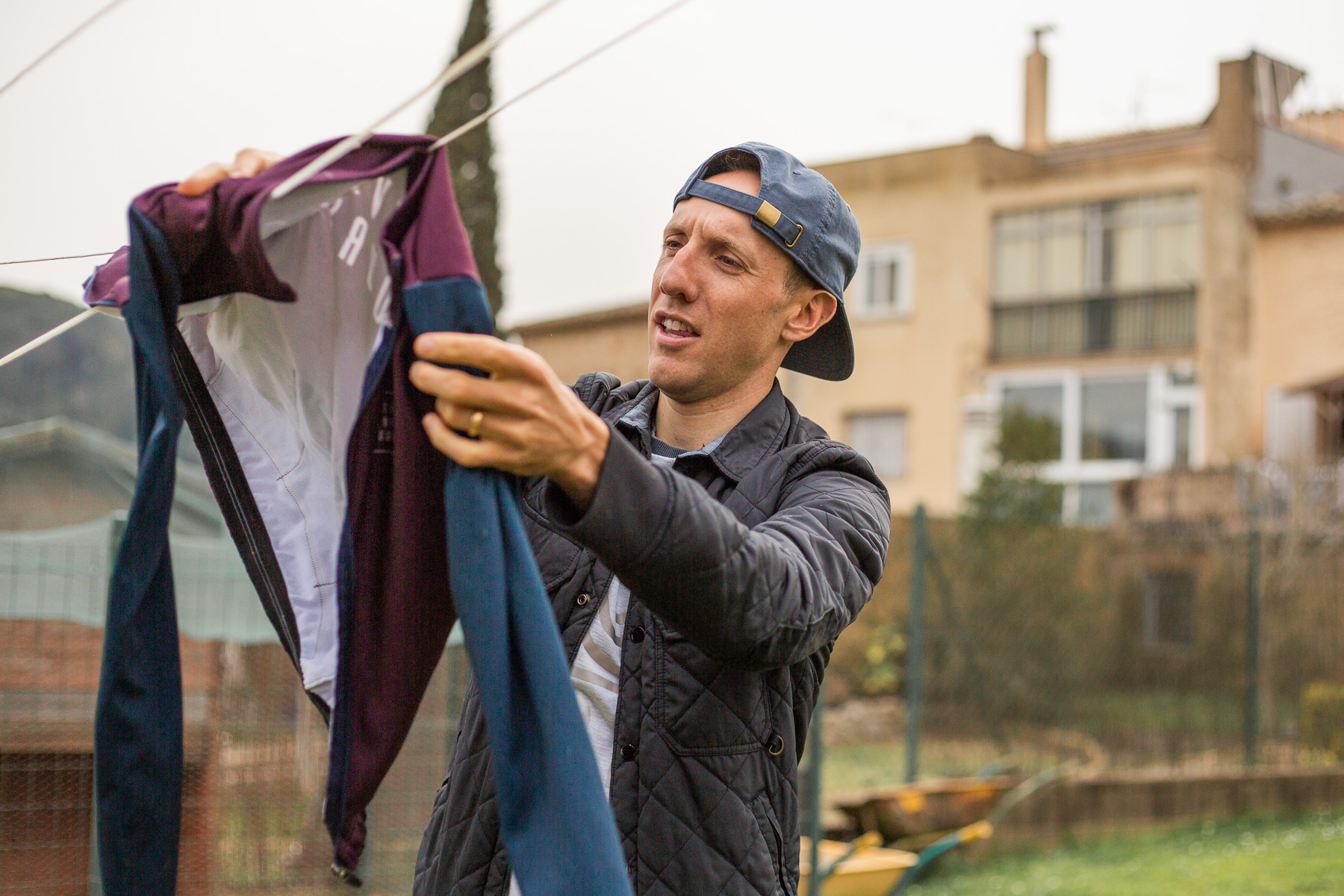‘There is no planet B’ is a motto that we have been hearing lately from climate activists and it is true. Either you are a pro-cyclist, a bikepacking enthusiast, or just a daily commuter, we would not ride if it were not for the pleasure of being outdoors. We appreciate escaping from the crowded cities and into the narrow roads and trails that wind into the mountains, which translates to an innate respect for nature and our surroundings.
Even though cycling is the most eco-friendly means of transportation, this does not mean it has a neutral carbon footprint. Michael ‘Rusty’ Woods, current pro-cyclist for the Israel Start-Up Nation WorldTour team, gained awareness about his impact on the world after a talk with his friend Christian Meier, former pro-cyclist and founder of The Service Course.
The average person living in a similar region to me emits roughly 12-24 tons of CO2. However, after carefully breaking down the level of shipping and consumption-oriented around my riding, and the amount that I travel, and have vehicles supporting me in order to perform at all of my races, my total carbon footprint was 60 tons of CO2 (33 tons of which can be chalked up to my travel to races).
Not surprisingly, professional cycling has a bigger impact than average people. Not only because they have a full convoy of cars and buses following them during and in between races, but also because of all the trips from home to races or training camps. Rusty realized that and decided to take responsibility for his lifestyle. Aside from riding bikes, he also wants to inspire his fans, partners, and fellow pros to take a further step and educate everyone on the individual impact on the planet.
I love my job, but it’s hard to deny that the cost of my performance and the impact it has on the planet is significant. As one of my actions, I am pledging to make 2021 a carbon-neutral season.
This decision is not sudden but the next step in his life. There are many things that Elly (his wife) and he have been doing already, like rarely using the car (commuting via bike), shopping locally, or cutting down the amount of meat they eat. But still, on races, the number of clothes and products he consumes could not be hardly controlled, which made him uncomfortable and eager to make a change.
From simple things such as taking a permanent knife, fork, cup, and bowl with me on the road so that I am no longer using plastic utensils and plates during our post-race meals, to rethinking how I eat, and travel, and paying to offset all of the carbon that I emit, for 2021 I am pledging to make this a carbon-neutral season.
For all the little actions he will not be able to complete due to team, travel, or racing requirements, he plans on using the platform Gold Standard (other ones are available) to offset the balance. Based on every month’s carbon emissions, he will make contributions to their certified projects that intend to create negative emissions. For instance, helping organizations that aim for biodiversification or climate justice and a transition to a net-zero carbon economy.
Riding has really opened my eyes to how beautiful the planet is and I want to do my part in
protecting it.
During the following months, we will be able to follow Rusty on his personal project and we will see if other colleagues will follow his steps. The ‘waste zones’ are already implemented in UCI races, but we are still far from balancing our impact on the planet.



